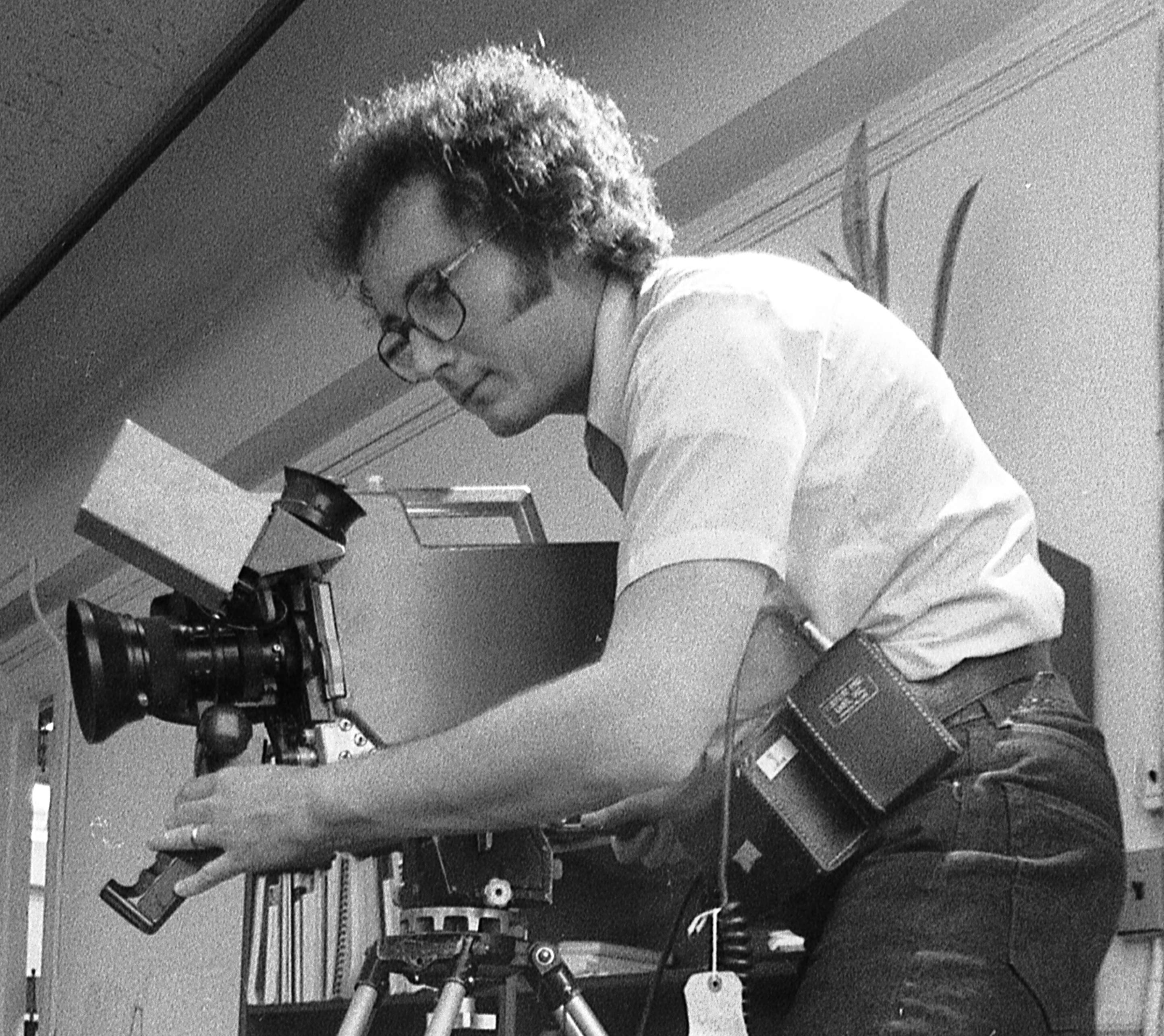Q&A: Analyst James McQuivey, Forrester Research
James McQuivey is vice president for television & media technology at Forrester Research, an industry consultancy based in Cambridge, Mass. He recently spoke with HD Notebook:
HD Notebook: What will you be looking for this holiday sales season as far as trends and issues relating to HD’s transition in America?
McQuivey: Holiday 2007 will prove to be the most exciting so far, because TV sets are now cheap enough that people can seriously contemplate not only the HDTV set, but also adding HD services and devices to really maximize the HD experience. So expect more HD DVRs to be going out to homes, expect HD gaming platforms to gain a few million new adherents, and expect cable and satellite operators to dramatically increase their HD subscriber lists as consumers respond to promises of 100 and 150 channels in 2008. The one unexpected consequence: Interior designers come into demand, as more and more people rethink the living room sans the clunky old TV.
HD Notebook: Apart from interior designs, has Forrester uncovered any findings regarding the DTV transition that may have surprised you?
McQuivey: The surprising thing about HDTV is how unsurprisingly it has rolled out. It took many years of straightforward effort to get where we are, and only when manufacturing capacity could enable cheap prices did consumers move—and only when consumers could see it for themselves would they get hooked on these new sets. So all of this is rolling out according to plan. The only thing that would surprise us from here on out is if the HD DVD versus Blu-ray Disc format war ended before 2009!
HD Notebook: So you see the war going on for a while then. Overall, for the consumer, how does Forrester see HD fitting into the overall picture of emerging new media?
McQuivey: HDTV has come along nicely at a time when people were beginning to doubt the power of television in consumers’ lives. HD reminds us all that people really do prefer their favorite video content in a large, immersive, and increasingly high-definition experience. Instead of the [computer] leading people away from HDTV, the PC is trying to copy the quality of HDTV content and the computer will ultimately serve its IP-delivered HD content over a home network [directly] to the HDTV screen, of all places.
The professional video industry's #1 source for news, trends and product and tech information. Sign up below.
